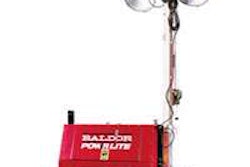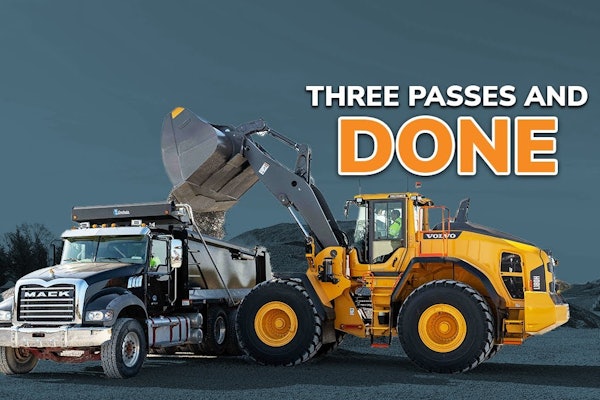Our apologies, Mr. White
By Kirk Landers
Every once in a while, despite our best intentions, a publication will overstep its bounds and publish something that is factually incorrect or misleading or unfair.
There is an agonizing process we go through to determine whether an article or column is merely controversial, or if it is in fact, misleading, incorrect or unfair.
For the first time in my career, I have gone through this process and reached the conclusion that something my magazine published was unfair, inaccurate and failed to live up to reasonable standards for good journalism.
The article in question was the June-issue Workbook article, “Ways to Repair Undriveable Gravel Roads,” authored by Editor-in-Chief Ruth Stidger. The intention of the article was noble enough, but my friend and colleague got caught up in a local squabble between homeowners and the county engineer and wrote an article that was badly researched and poorly presented.
The body of information upon which we reached our conclusions did not include input from third-party experts in gravel road maintenance, and it did not include any input from Muscatine County’s highway engineer, Keith White. Our editorial standards at Better Roads insist that one or both of the above sources should have been consulted in a technical article of this sort.
The tone and slant of our article were also completely inappropriate. From our offices hundreds of miles away from Muscatine County, Iowa, we have no basis for passing judgment on how roads are managed there. Virtually any gravel road in the Snowbelt looks awful by early spring; our job was not to assign blame, but to present ideas and information on how to correct the conditions most cost effectively.
Mr. White, we apologize for our shortcomings, and for any embarrassment we have caused you.
To all of our other readers, especially those engaged in trying to keep our roads passable in an era of chronic underfunding, we apologize for this lapse in our journalistic competence.
An event like this gives a business like ours a series of decisions to make. The first is whether to admit one’s failings or try to ride out the storm. If you go public, the second decision is whether to let the mistake define your magazine or inspire it.
We choose to go public because it’s the right thing to do and we think that’s what defines us. There will be a loss of face and a loss of business, but we give ourselves the luxury of rebuilding our image on a solid foundation.
We also choose to use this event to motivate us to do our work better, with a refreshed sense of service to our community, the road industry. As part of this, early next year we will revisit the topic of managing gravel roads and we will do so with an article that meets the highest standards for accuracy, in-depth information, usefulness…and fairness. And we will apply that energy and commitment to every feature and every column in Better Roads from this point forward. BR











